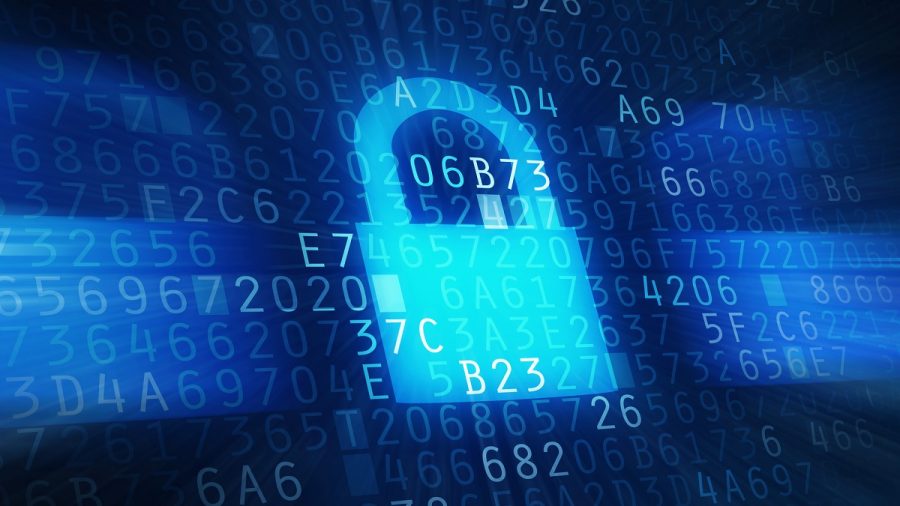Decrypted: A Look at Viruses
An Unbiased Guide on Protecting Yourself Online
I am sure everyone and their favorite senator has heard about computer viruses, but most don’t actually do anything about it. You can, of course, get an antivirus then you are guaranteed to be safe right? Well it’s not that simple, many “antiviruses” do not actually protect your computer and stuff like McAfee or Norton barely work; most people just use windows defender and that rarely works if ever. So how do you protect yourself from threats? Well to understand that we first must know about the threats themselves

The most commonly known piece of malicious software or what most people know as malware is ransomware. Ransomware is almost exactly as its name implies, software that holds your PC’s files for ransom usually saying they will give you the decryption key for money (usually in bitcoin or other cryptocurrencies). Most people will not encounter ransomware by accident; rather most ransomware has a way of getting into your PC without you knowing, usually via disguising itself like a Trojan. A good example of ransomware is Petya which gives you a red text skull and encrypts your files, afterward asking you to buy a decryption key to get your files back. Though in 2017 the world of viruses would change forever.
 WannaCry was a virus that spread very recently and infected over 200.000 devices across 150 countries. The story of it was a very odd one which I will not go into though, you can find the story by clicking here. Not only would WannaCry become infamous for using these types of attacks, but it also brought forth a lot of new possibilities for viruses. Nowadays though Wannacry and EternalBlue not usable since Microsoft patched it and so have all other operating systems, but that does beg the question. What do the “viruses” of today look like? Well, the most common viruses are usually websites that give you a fork bomb which is a program that replicates itself to try and deplete all system resources, or just regular malware to harm your system that people download, but most “viruses” now are PuPs (potentially unwanted programs) and bloatware which pretty much are both just software that you didn’t want but you got anyway.
WannaCry was a virus that spread very recently and infected over 200.000 devices across 150 countries. The story of it was a very odd one which I will not go into though, you can find the story by clicking here. Not only would WannaCry become infamous for using these types of attacks, but it also brought forth a lot of new possibilities for viruses. Nowadays though Wannacry and EternalBlue not usable since Microsoft patched it and so have all other operating systems, but that does beg the question. What do the “viruses” of today look like? Well, the most common viruses are usually websites that give you a fork bomb which is a program that replicates itself to try and deplete all system resources, or just regular malware to harm your system that people download, but most “viruses” now are PuPs (potentially unwanted programs) and bloatware which pretty much are both just software that you didn’t want but you got anyway.
So now that you know the types of viruses, what can we do to protect ourselves? There are some ways to keep your PC safe:
- Keep your device up to date: oftentimes people get viruses because they don’t have the updated version of the OS which usually include some security fixes.
- Get a trusted antivirus: antiviruses are usually hard to come by nowadays, but if I had to give a recommendation, I would say Malwarebytes since not only is it one of the best antiviruses, but it also has a free version, and even then the paid version is very cheap at $3.75 a month for a single device. The only complaint I have with it is the subscription model, but that is fine with how much protection you get.
- Download from trusted sources: The most common way you get a virus is by going on a site that is untrustworthy then clicking on the wrong download button, and you arrive on a completely different site that is now asking to add an extension.

No matter what viruses will always be present in the modern world, but usually, as long as you are smart and don’t click on fake download buttons you are probably safe. Even if you follow these guidelines there is a chance that you might get a virus. Even if you do get infected usually a reset will fix your computer. Lastly, run a scan on your PC every so often, usually if you do you can make sure everything is okay before any payload happens.

Jayden Oakley is a senior at Woodford County High School and has spent the past 4 years writing for the Jacket Journal. Over the past 4 years so much has...











